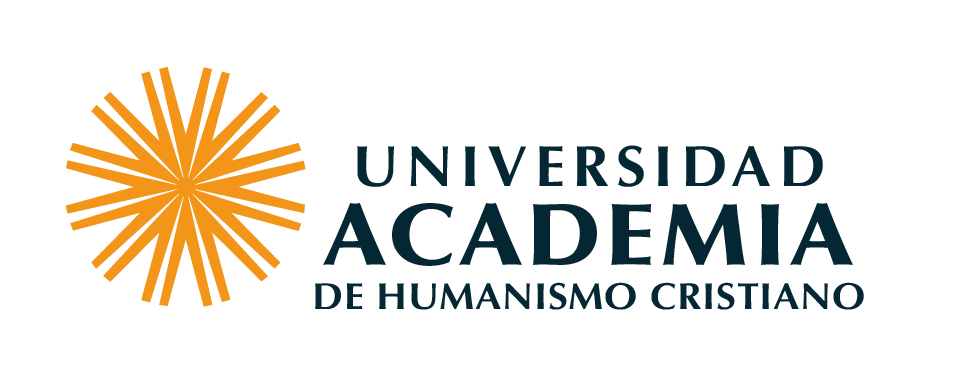Introduction : from the "new ecology" to the new ecologies.
Material type: ArticlePublication details: Arlington American Antropological Association 1999Subject(s):
In:
American anthropologistSummary: An earlier ecological anthropology defined its project within the compass of the idealism v. materialism debate. Culture was an adaptive tool, instrumental rather than formal; it was intelligible with respect to its material effects, notÑas the idealists would maintainÑin terms of itself, as an autonomous, self-determining order of reality. This argument was mounted with respect to bounded, stable, self-regulating, local, or at best regional entities and the environment they inhabited. All of the premises of the earlier ecology have since been challenged, and today's ecologiesÑsymbolic, historical, and politicalÑradically depart from the reductions and elisions of the ecological anthropology of the past. In particular, the new ecologies override the dichotomies that informed and enlivened the debates of the pastÑnature/culture, idealism/materialismÑand they are informed by the literature on transnationalist flows and local-global articulations. This introduction positions Rappaport's work within this historical shift from a polarized field of mutually exclusive frameworks to today's synthetic new ecologies and their antireductive materialism. Rappaport's work, produced over three decades, serves, in and through its own transformations, as a bridge between the reductive materialism of the past and a new-materialist ecology.
ArticlePublication details: Arlington American Antropological Association 1999Subject(s):
In:
American anthropologistSummary: An earlier ecological anthropology defined its project within the compass of the idealism v. materialism debate. Culture was an adaptive tool, instrumental rather than formal; it was intelligible with respect to its material effects, notÑas the idealists would maintainÑin terms of itself, as an autonomous, self-determining order of reality. This argument was mounted with respect to bounded, stable, self-regulating, local, or at best regional entities and the environment they inhabited. All of the premises of the earlier ecology have since been challenged, and today's ecologiesÑsymbolic, historical, and politicalÑradically depart from the reductions and elisions of the ecological anthropology of the past. In particular, the new ecologies override the dichotomies that informed and enlivened the debates of the pastÑnature/culture, idealism/materialismÑand they are informed by the literature on transnationalist flows and local-global articulations. This introduction positions Rappaport's work within this historical shift from a polarized field of mutually exclusive frameworks to today's synthetic new ecologies and their antireductive materialism. Rappaport's work, produced over three decades, serves, in and through its own transformations, as a bridge between the reductive materialism of the past and a new-materialist ecology.
| Item type | Current library | Collection | Call number | Copy number | Status | Date due | Barcode | |
|---|---|---|---|---|---|---|---|---|
| Analítica de revista | Biblioteca Central Colección General | General | AM. ANTHROPOL.-01/99 (Browse shelf(Opens below)) | 1 | Available | FICTICIO141 |
Browsing Biblioteca Central shelves, Shelving location: Colección General Close shelf browser (Hides shelf browser)
| No cover image available | No cover image available | No cover image available | No cover image available | No cover image available | No cover image available | No cover image available | ||
| AM. ANTHROPOL.-01/94 American anthropologist / | AM. ANTHROPOL.-01/99 American anthropologist / | AM. ANTHROPOL.-01/99 Where will the baby sleep? attitudes and practices of new and experienced parents regarding cosleeping with their newborn infants. | AM. ANTHROPOL.-01/99 Introduction : | AM. ANTHROPOL.-01/99 The mount kare python and his gold : | AM. ANTHROPOL.-01/99 Green dots, pink hearts : | AM. ANTHROPOL.-01/99 Non-boserupian ecology and agricultural risk : |
En: American Anthropologist. -- Vol. 101 No. 1(marzo 1999), pp. 5-18. ISSN 00027294
An earlier ecological anthropology defined its project within the compass of the idealism v. materialism debate. Culture was an adaptive tool, instrumental rather than formal; it was intelligible with respect to its material effects, notÑas the idealists would maintainÑin terms of itself, as an autonomous, self-determining order of reality. This argument was mounted with respect to bounded, stable, self-regulating, local, or at best regional entities and the environment they inhabited. All of the premises of the earlier ecology have since been challenged, and today's ecologiesÑsymbolic, historical, and politicalÑradically depart from the reductions and elisions of the ecological anthropology of the past. In particular, the new ecologies override the dichotomies that informed and enlivened the debates of the pastÑnature/culture, idealism/materialismÑand they are informed by the literature on transnationalist flows and local-global articulations. This introduction positions Rappaport's work within this historical shift from a polarized field of mutually exclusive frameworks to today's synthetic new ecologies and their antireductive materialism. Rappaport's work, produced over three decades, serves, in and through its own transformations, as a bridge between the reductive materialism of the past and a new-materialist ecology.
There are no comments on this title.
